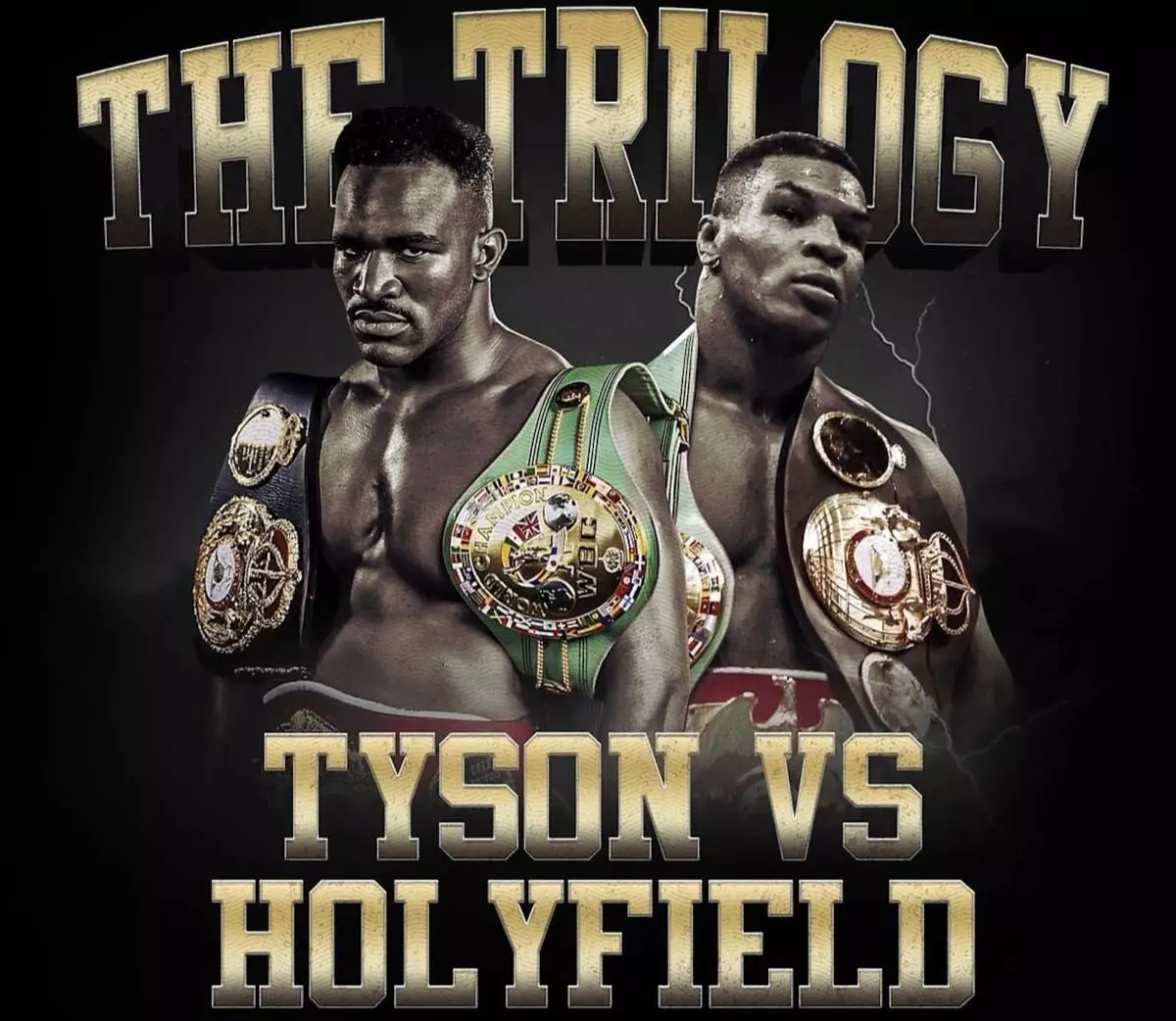The landscape of professional boxing has mutated into an arena that often feels more like a circus than a sport. The recent matchup between 58-year-old Mike Tyson and internet celebrity Jake Paul epitomizes this bizarre evolution. This encounter raised eyebrows and prompted a slew of questions concerning the integrity of boxing and the safety of aging athletes attempting to revive their glory days.
The fight against Jake Paul saw Tyson, once considered one of the most ferocious fighters in history, struggling to show even a fraction of his legendary prowess. One can’t help but feel that the watching world was subject to an unsettling spectacle rather than a legitimate sporting event. The juxtaposition between the youthful, brash Paul and the aging Tyson was stark, and many perceived it as an affront to the significant achievements of the fighters in the past.
While some might consider this match as a successful blending of sports and entertainment, it raises ethical concerns about the roles of former champions in contemporary boxing. Paul’s growing influence in the sport comes with potential repercussions that could further stray boxing from its roots. Instead of being celebrated for their achievements, former champions find themselves reduced to commodities, easily marketed for pay-per-view fights with little regard for their physical condition or overall health.
With the aftermath of the fight dampening the potential for intriguing new bouts, speculation arose regarding Tyson’s future in boxing. Many expected him to retire permanently following his disappointing performance against Paul. Yet, as the narrative continued, another layer of absurdity emerged: former rival Evander Holyfield, 62, decided to call out Tyson for yet another fight. This begs the question—when do we say “enough is enough”?
Holyfield’s attempts to incite interest in a supposed trilogy fight, under the guise of a mock promotional poster that claimed “Unfinished Business,” drew criticism rather than enthusiasm. It felt less like a genuine call to action and more like a desperate bid for relevancy in a field that has undeniably moved on. Moreover, Tyson’s thoughtful rebuttal highlighted the importance of their shared history and friendship over the concept of further boxing matches that might tarnish their legacies.
The sad reality is that both Tyson and Holyfield possess far more wisdom than their recent choices suggest. Reflecting on their legacies, they threw themselves into the ring at the height of their careers with a ferocity that inspired a generation. However, witnessing them attempt to rekindle that spark in a ring today feels like watching cautionary tales unfold in real-time.
The saddening visual of Tyson jabbed and pushed around by a younger fighter only lends to the question of whether boxing will remain a sport that prioritizes safety and respect, or one that leans into the spectacle of faded glory. The physical toll on fighters shouldn’t be overlooked; these men have dedicated their lives to their craft, and now their bodies bear the brunt of that commitment.
As boxing matches increasingly feature fighters well beyond their prime, the industry must grapple with several pressing questions—what does this mean for the future of the sport? Does it create a platform for younger fighters to earn a living by exploiting the nostalgia surrounding past champions? The spectacle of exhibitions involving aging fighters like 59-year-old Oliver McCall, who is also preparing to step into the ring, is emblematic of this trend. The narrative suggests a sport open to relentless commercialization rather than genuine competition.
An unfortunate consequence of this trend is that budding athletes may come to view the boxing ring as a stage for entertainment rather than a battleground of skill and strategy. As old champions pursue fleeting fame, the sport must reevaluate its guiding principles to protect both its legacy and the health of its fighters.
Ultimately, boxing stands at a crossroads where attention to integrity and safety seems imperative. It must shine as a beacon of competition rather than a house of fleeting entertainment that could leave behind a trail of broken bodies and weary minds. The focus should return to celebrating the sport’s true essence, ensuring that the ring remains a place of honor rather than a makeshift stage for past warriors clinging to their glory days.

